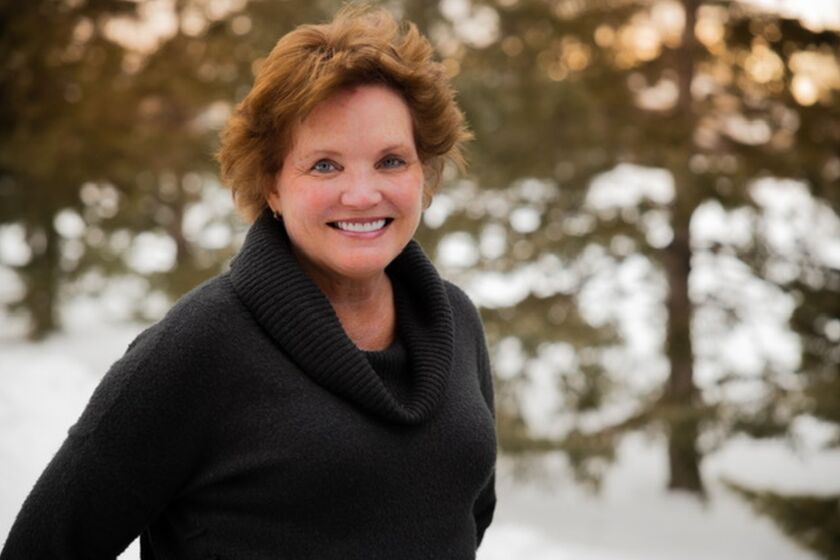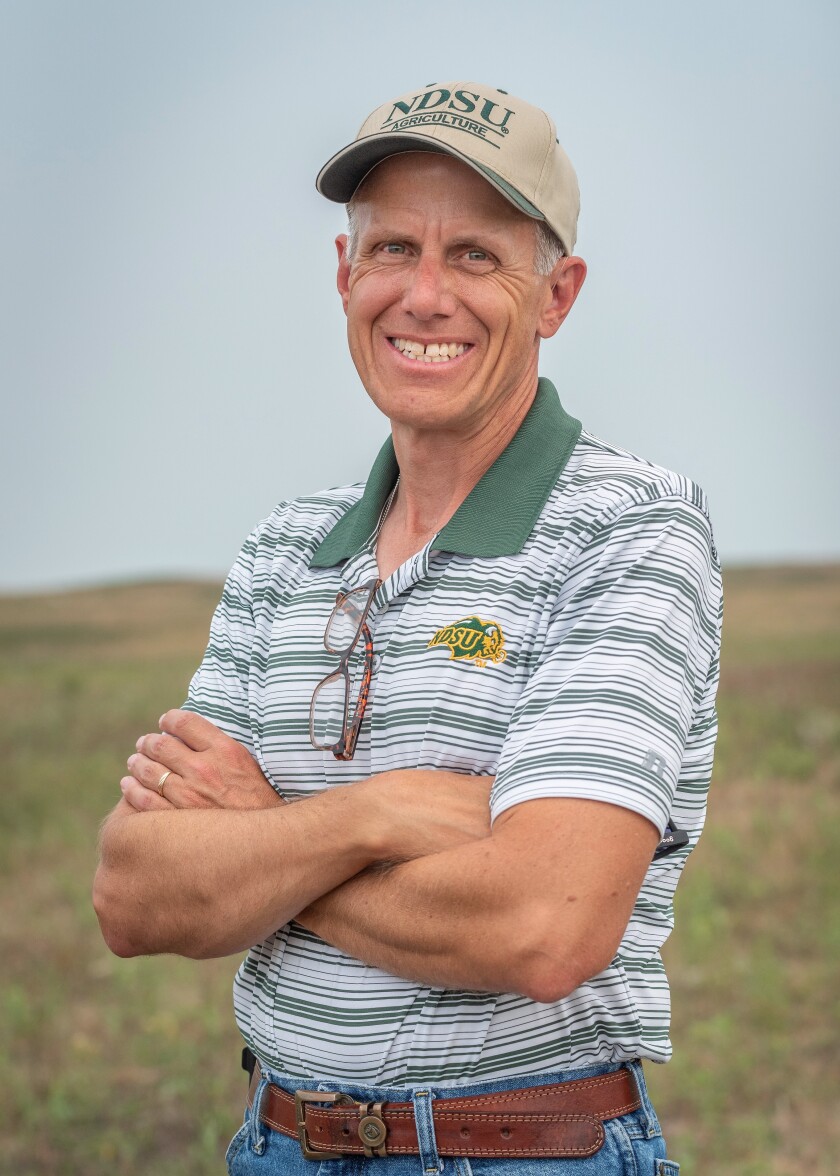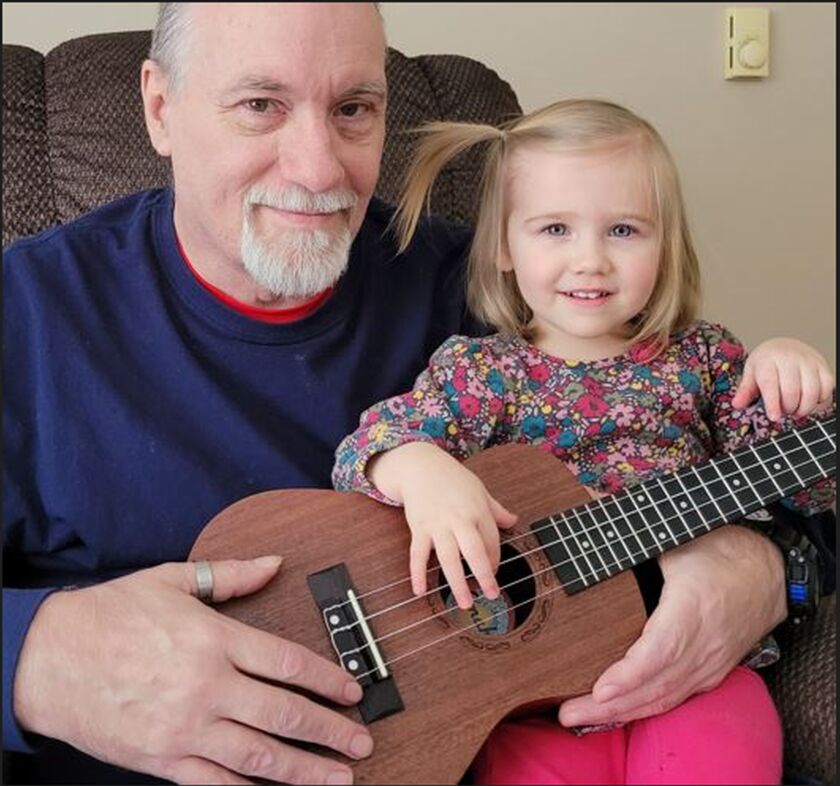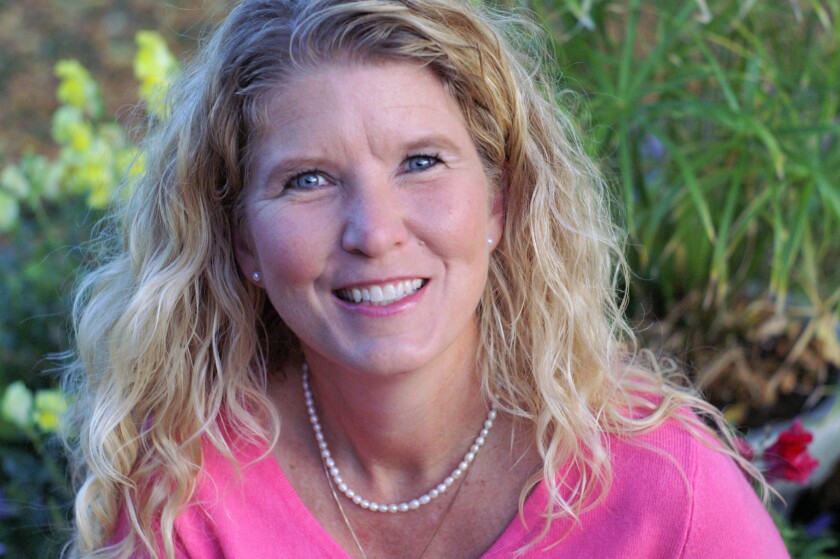
DULUTH, Minnesota – In “The Catechism in a Year” podcast, Day 91, the Rev. Mike Schmitz, Minnesota State University Duluth chaplain, says it’s impossible to disregard the Resurrection as historical fact.
The apostles not only experienced the Resurrection but were transformed by it, he says. “They went from being demoralized, discouraged and frightened to emboldened and courageous.”
After experiencing Jesus’ risen body, the reinvigorated apostles began emphatically preaching the Gospel, each ultimately dying a tortured death, except for John, who lived “a painful, suffering life,” Schmitz says. “No one would give their lives for a lie.”
Indeed, he affirms, “Jesus Christ is Lord of the living and of the dead. He has conquered death and he now lives for the glory of the Father, and to intercede for you and for me.”
It’s part of the Paschal mystery—the life, death and resurrection of Jesus—and something each Christian must discover, and find meaning in, for themselves.
‘You can’t refute this!’
Sue Ankrum, who attends Bethel Church in Fargo, was a young mother in her 20s when the Resurrection became real to her. She’d just gotten her first study Bible, she says, with notes and references on the bottom half of the page.

Prior to this, she’d struggled through Scripture readings. “Part of it was just the culture of the time. I’d get to parts about putting hot coals on someone’s head, and think, ‘Now what are we talking about here?’”
But studying the circumstances surrounding Jesus’ death, including how fearful the disciples had become afterward—even going into hiding—sparked something new within her. “They were absolutely destroyed,” Ankrum says. “They’d spent three years with him, and each had developed this concept of who he was and how he was going to change the world.”
They were nothing without him, she says. “He was gone, and they figured, they were next.” Three days later, he reappeared, his wounds intact, and 50 days after that, his disciples were out preaching Christ’s message in the streets.
“He appeared to more than 500 eyewitnesses at the same time,” Ankrum says. “And not only that, but now his disciples had this new courage. They were now willing to die, too.”
Until then, she’d put Jesus on a similar plane as Santa Claus, the Easter Bunny and the Tooth Fairy. “But when I came to this little nugget, I thought, ‘Oh my goodness, you can’t refute this!’”
Peace and hope
When Greg Lardy, a parishioner at Holy Cross Church in West Fargo, was a senior in high school, a classmate, along with another student their age, died in a car accident on Good Friday.
“That Easter weekend was filled with a lot of emotions. It was a turning point for me in terms of something that really shook my faith.” Simultaneously, he experienced a “tremendous sense of empathy and wisdom from others, who pointed me to the Resurrection,” he says. “Ever since then, Easter has taken on a little bit different meaning for me.”

Lardy distinctly recalls music from the Easter liturgy that year, particularly, “Our God Reigns,” and how it lifted his spirits. “When I hear those songs today, it brings back all those memories, emotions and comfort.”
“When you’re 17, 18, you think you’re invincible, and nothing really rattles you,” he adds, but that weekend introduced him to the stark reality of death, along with the beautiful life that can follow it, for those who believe.
When his mother passed away a decade ago, the comforting thoughts amidst grief returned. “Even though you’re grieving because of what you’ve lost, you also have that sense of peace and hope; that everything’s going to be okay.”
‘A total healing’
Pete Bauer, who attends Northview Church in Fargo, remembers the first time he really pondered the Resurrection. He was 18, and a friend had just become a Christian. Bauer had left his faith. “I was a bit annoyed,” he recalls.

But one night, he was talking to someone who emphasized how the Resurrection is key to Christianity. “He told me the Resurrection confirms that if you are sorry for your sins, you are forgiven; the penalty has been paid.”
The friend played him a song by Don Francisco, “He’s Alive,” which still evokes emotion today.
Bauer can’t help but think of his namesake, the apostle Peter, who, having denied Jesus three times, didn’t feel worthy of his love, yet was received back into Jesus’ heart.
“Jesus still had a calling for him—this damaged person who at one point worried about which apostle Jesus liked more,” he says. “And he went on to save thousands, all because of that love…it was a total healing.”
A God of second chances
Rollie Johnson, lay pastor at First Lutheran Church in Fargo, says he sees the Resurrection especially in witnessing restored lives.
“I’ve been here for almost 30 years, and being able to watch people who grew up here, then go off and sometimes come back with an addiction, depression, or anxiety, when you see those people return to God—a surrender or whatever it is—it’s God restoring, renewing, revitalizing,” he says. “Our God is a God of second chances in a way the world isn’t.”

Johnson says we even witness Resurrection in the seasons, especially in the revitalization of the earth every spring.
“I love this time of year, and like to go walking in the woods. You’ll see a little plant sticking up, or a mushroom, going from brown and emptiness to life again,” Johnson says. “The planet just explodes with this energy, this life force of God’s creation, and it restores the land.”
It can be such a dark world, especially in this part of the country, which can weigh heavily on people’s psyches, he adds, but revival is possible. Even when people are incarcerated, “God can use that time to restore,” he says, calling to mind someone he’s befriended who’s making his way back to God in prison.
“Even in what looked fatal—even in this guy’s failure, and the ineptitude of his life choices—God works in all things, and is using that to restore and resurrect him,” Johnson says.
‘You can’t kill a Christian’
Stella Jeffrey, who attends Holy Spirit Catholic Church, says the definition of Resurrection has been lost somewhat over time. “The claim of it is simply that, in addition to Jesus Christ becoming man, he conquers not only sin but also death, and in this conquering, we are united to him.”

It starts in Baptism, she says, when we die and rise with Jesus. “I’ve heard it said that you can’t kill a Christian; you’re just giving them a different address.”
Jeffrey adds, “Right now, I live in a state where sin and death are clouding what is good, beautiful and true, but there are hints of it through the Resurrection. But those things (sin and death) will pass away, and we will see the world as God intended it to be.”
The Resurrection proves that life does not end; this world is not the finish line, she says. “Life has purpose, and in the ugliness of the Crucifixion, goodness comes.”
The Crucifixion, she notes, cannot be separated from the Resurrection, for in it, Jesus says, “I hold nothing back,” and “Father, forgive them.”
“We don’t stay in that moment, but in that moment we see our call to be all in,” Jeffrey says, noting that the Paschal mystery urges us to live differently. “I participate in the place Christ has reserved for me…What’s lacking in Christ is nothing. But he’s made a purpose to my life. It’s up to me to say yes or no, but there’s a real portion left for me.”
St. Paul once said, “If Christ has not been raised, then our preaching is in vain, and your faith is in vain,” suggesting Christianity’s hinge on the Resurrection.
Quoting the Catholic Catechism, Schmitz says the Paschal mystery accomplishes two things; that “by his death, Christ liberates us from sin; by his Resurrection, he opens for us the way to a new life,” reinstating us in God’s grace, concluding: “The Resurrection is the entry of humanity into the glory of God.”
[For the sake of having a repository for my newspaper columns and articles, I reprint them here, with permission, a week after their run date. The preceding ran in The Forum newspaper on April 9, 2023.]

Leave a Reply